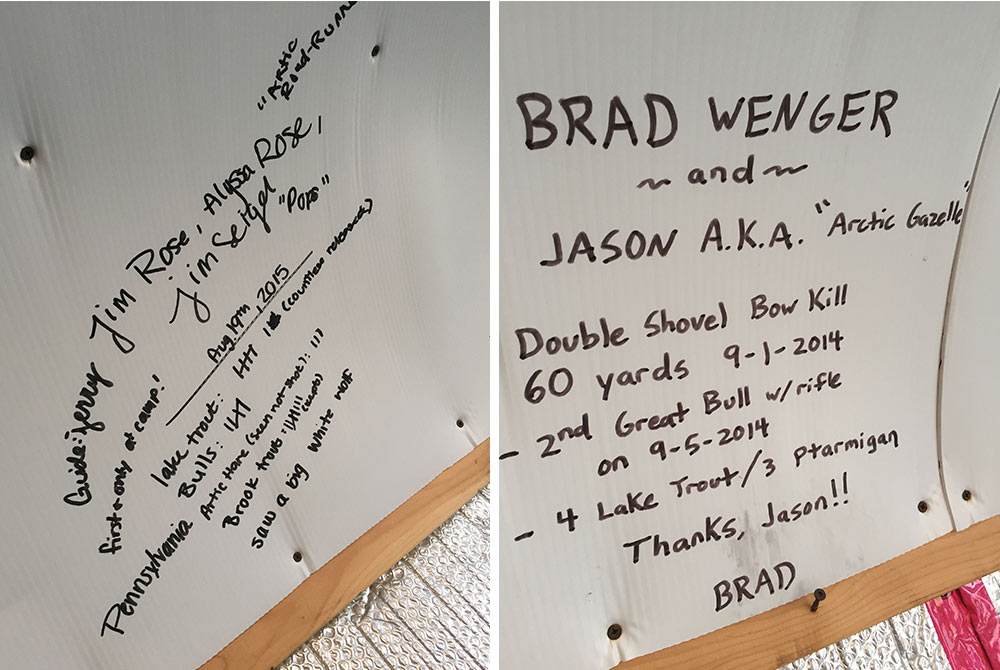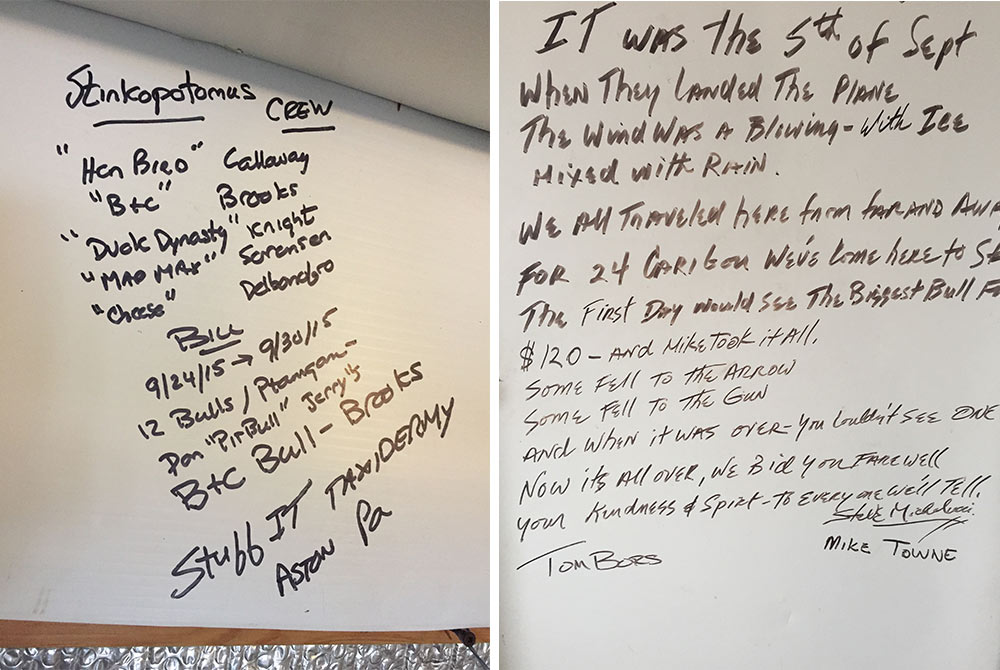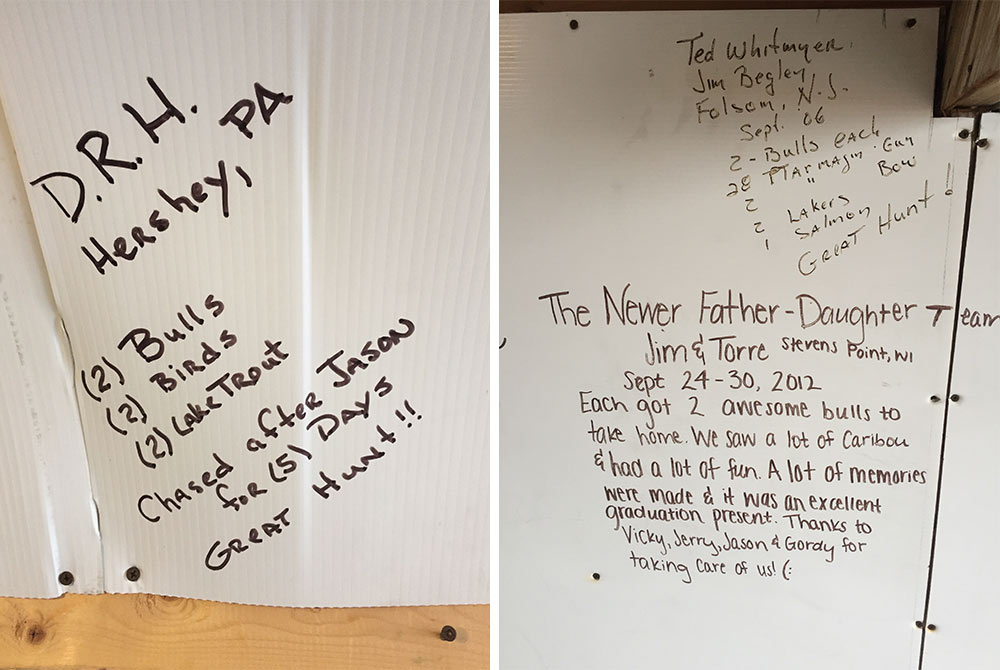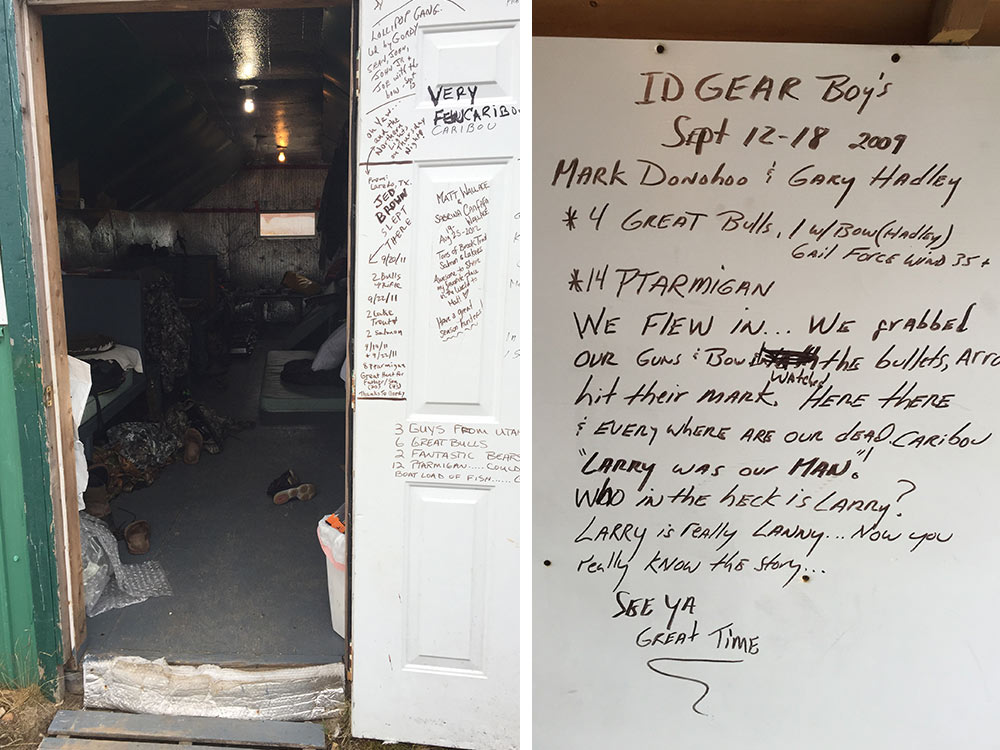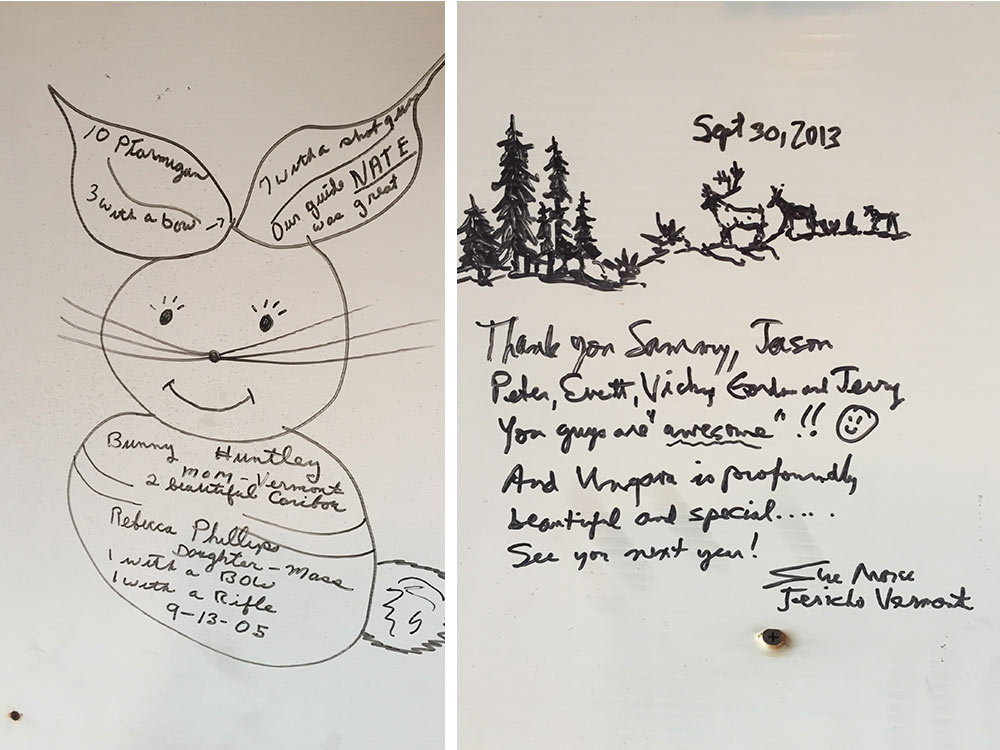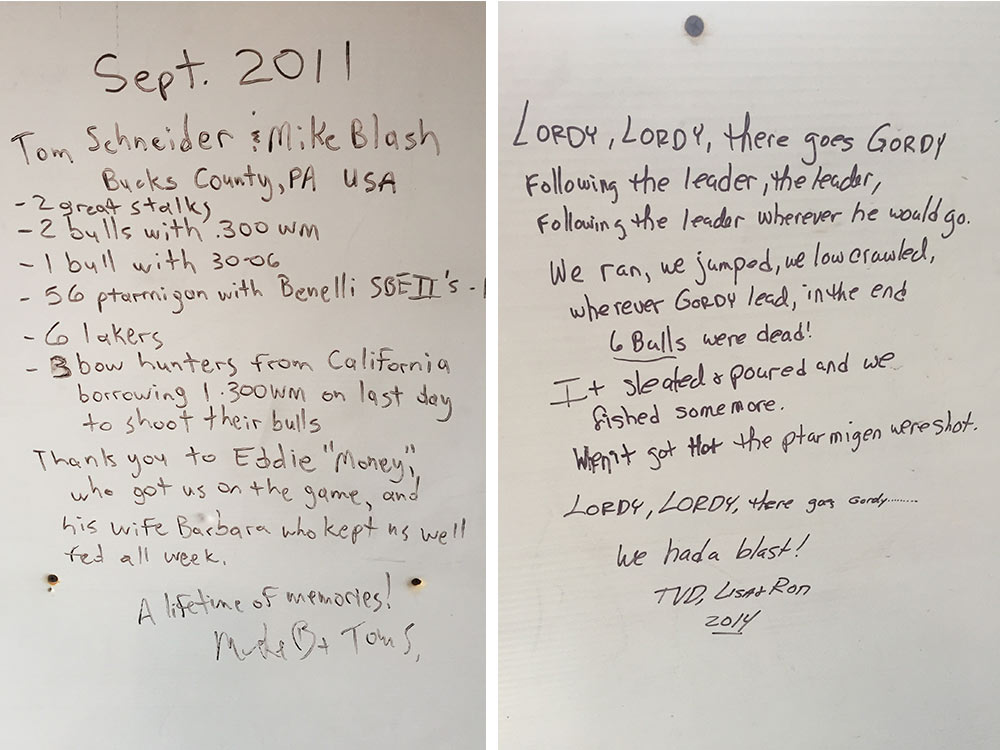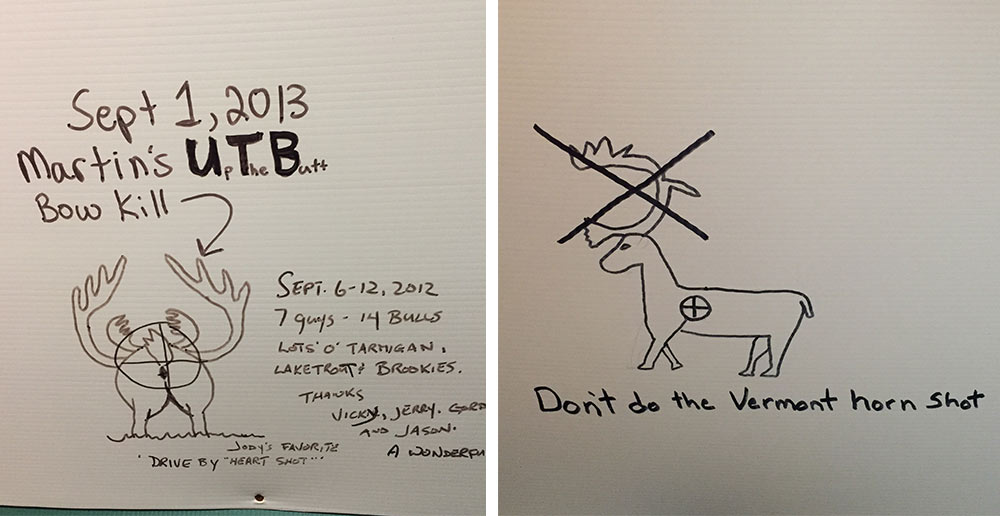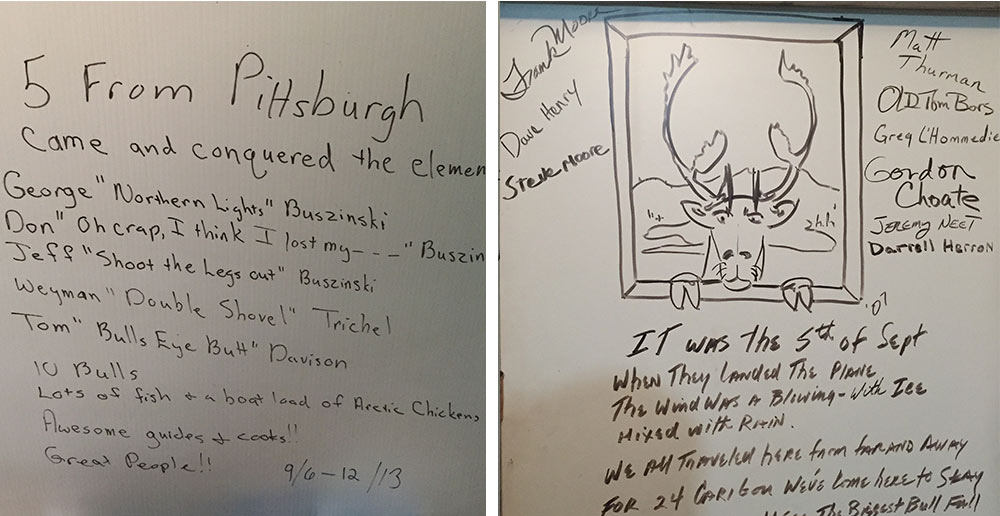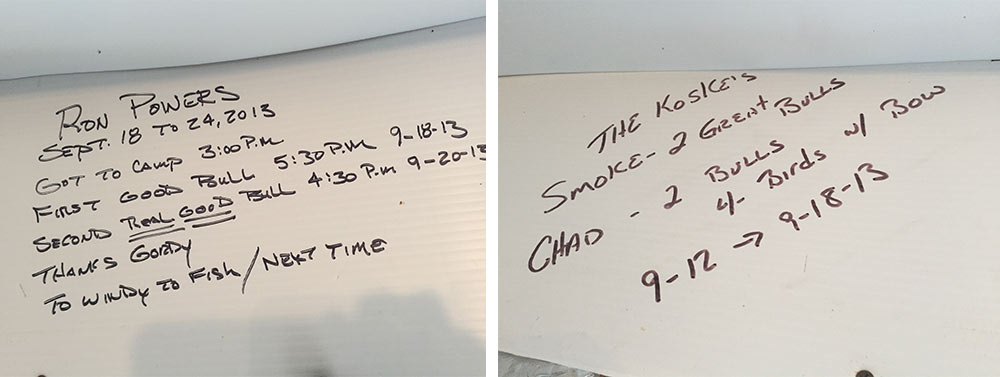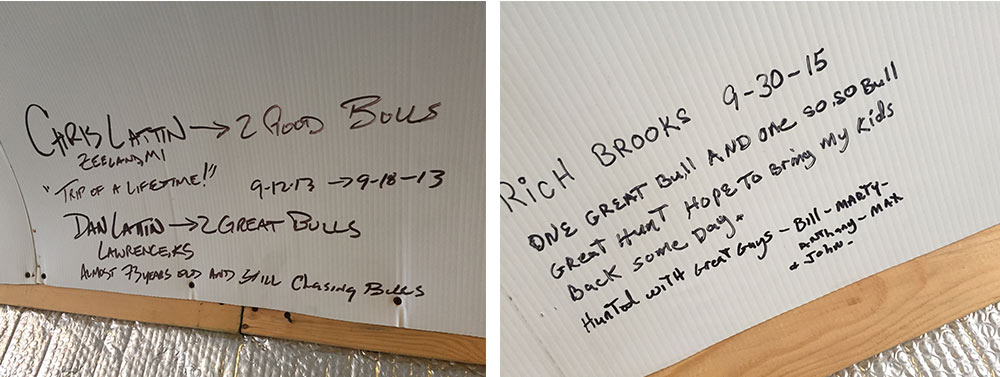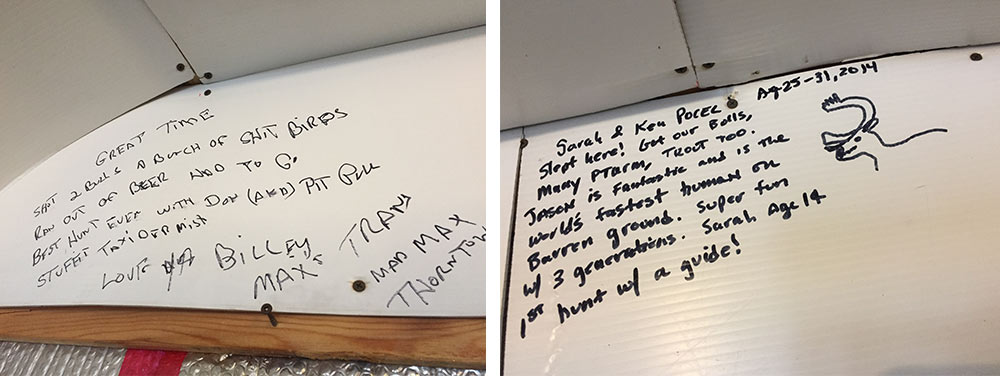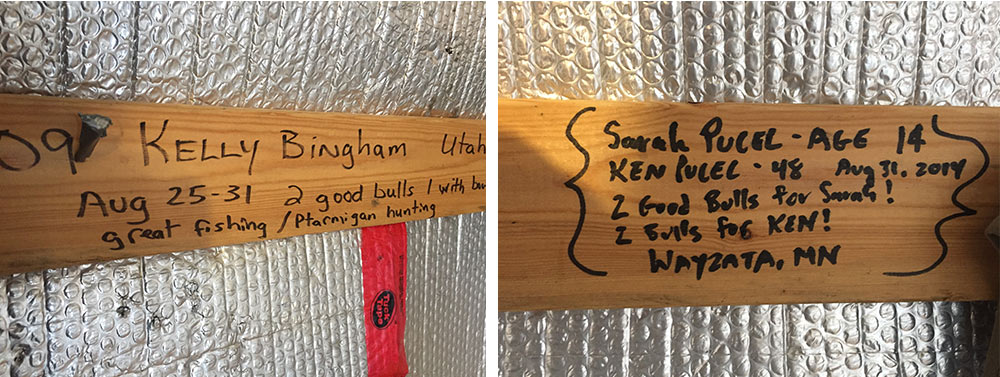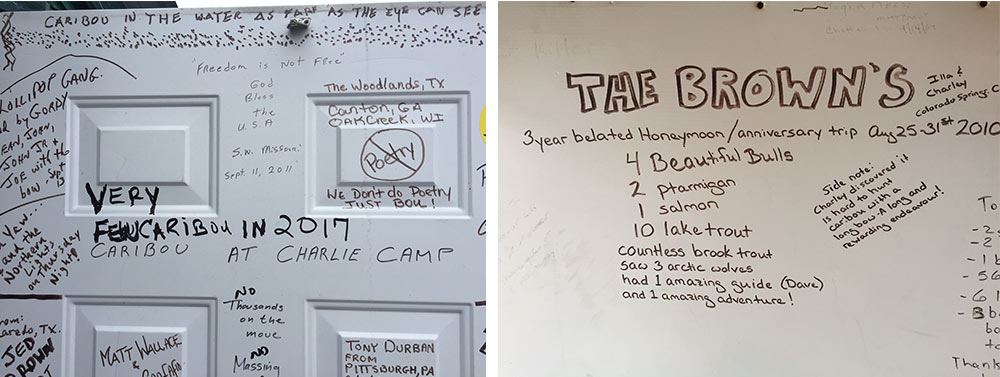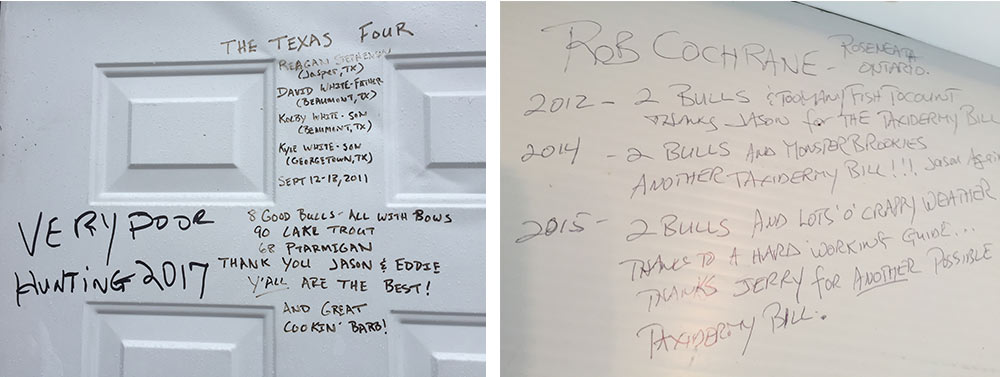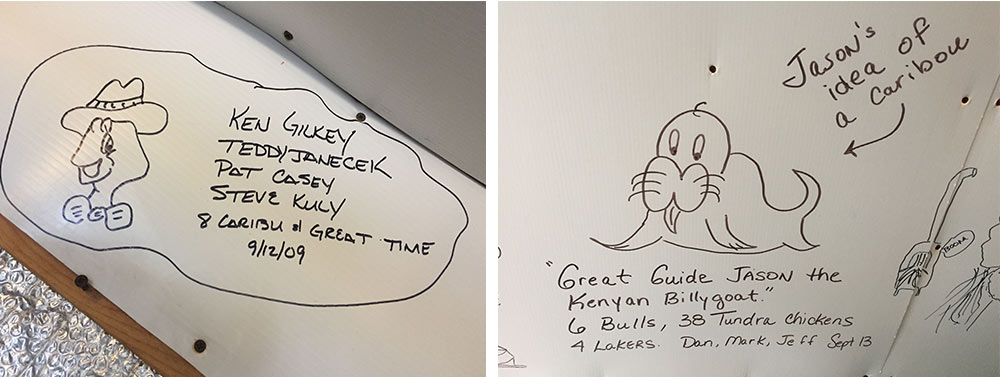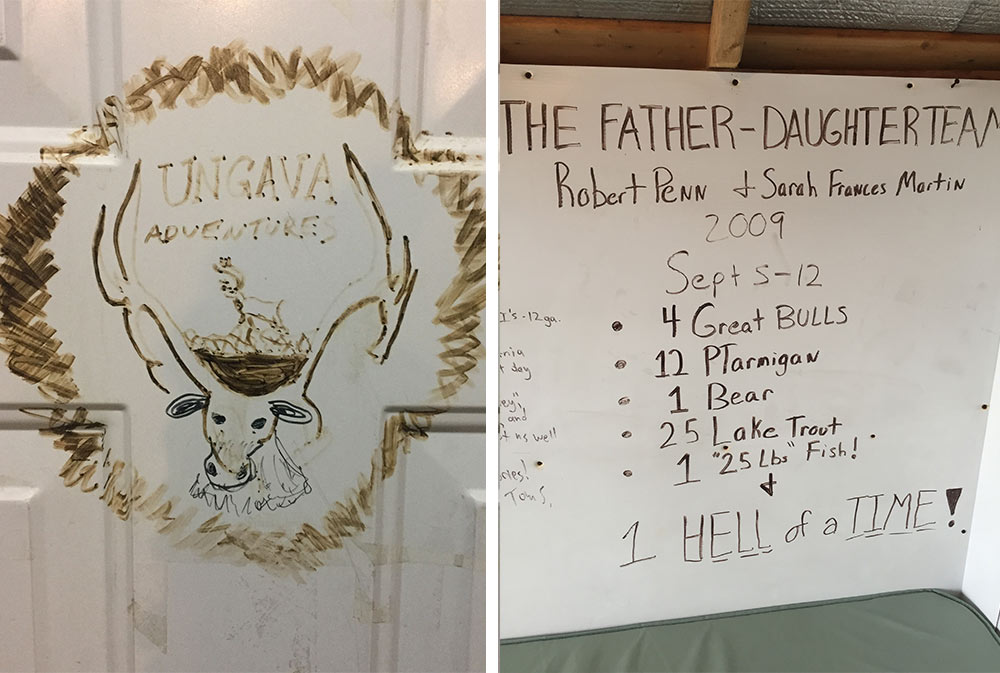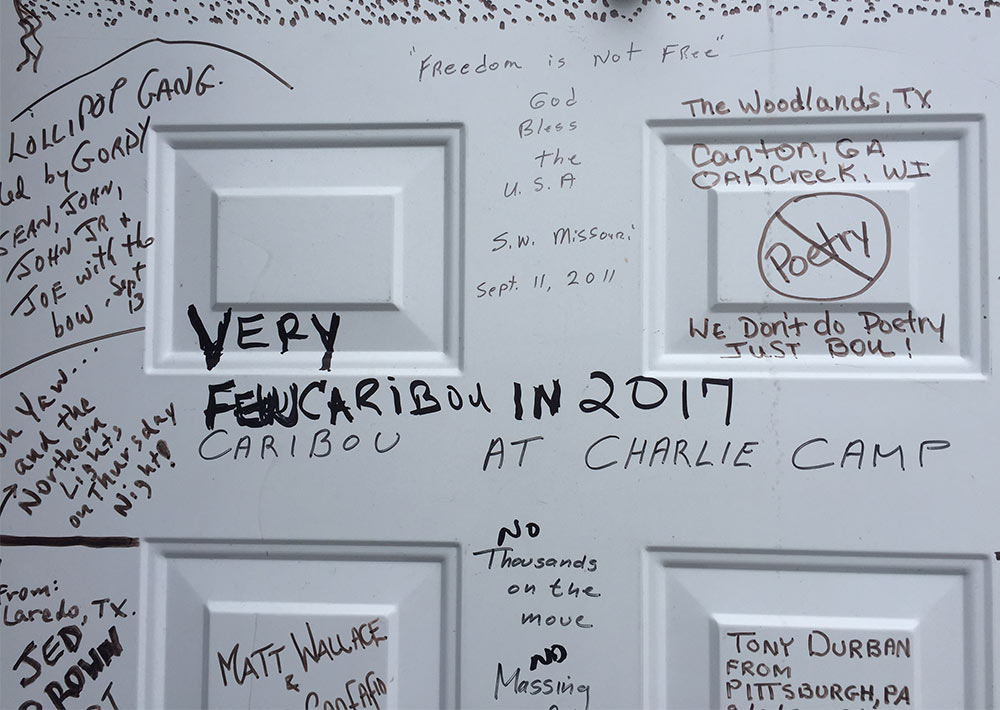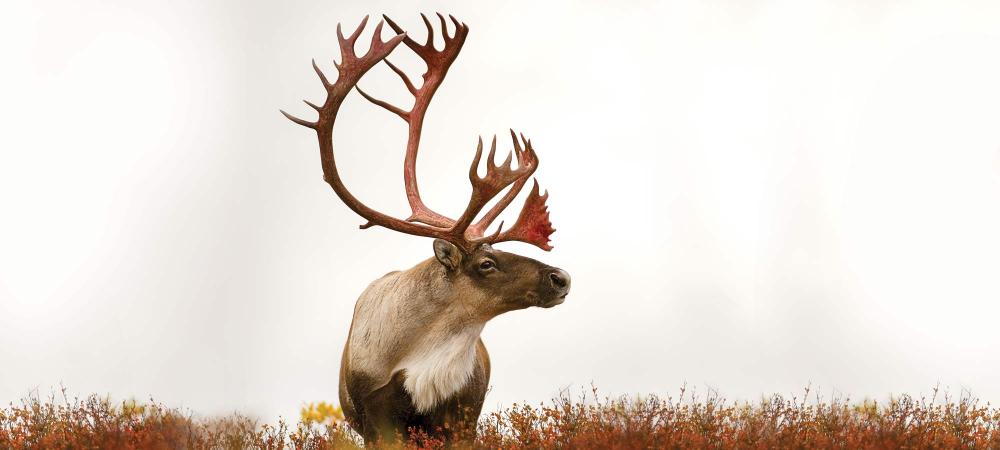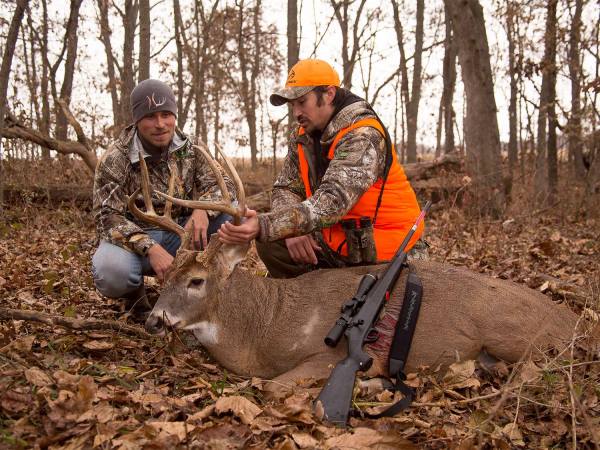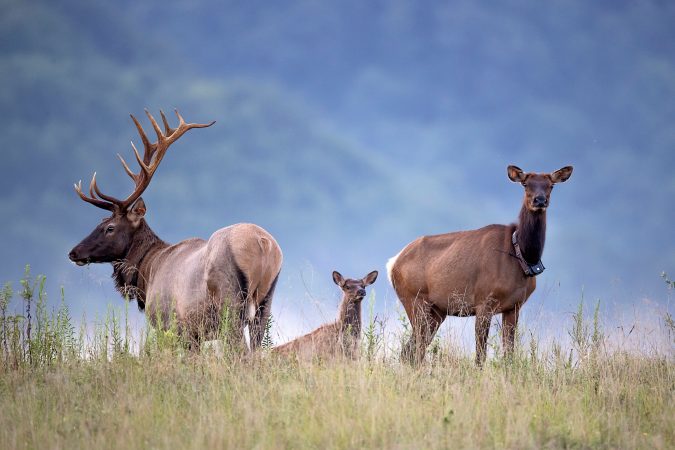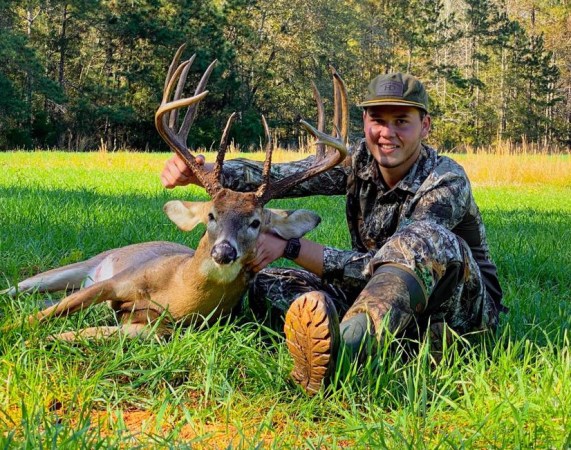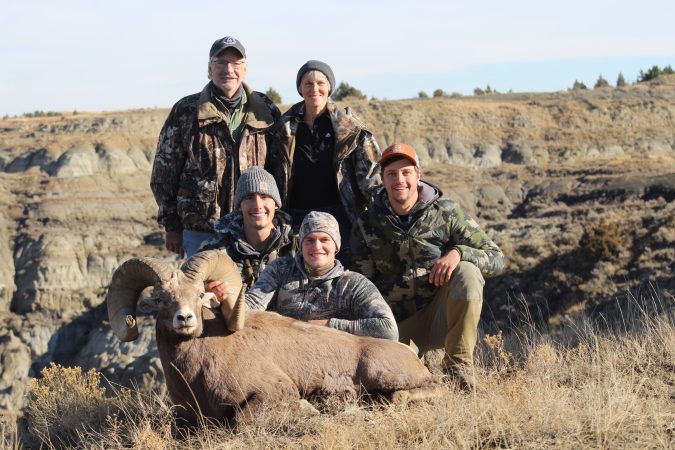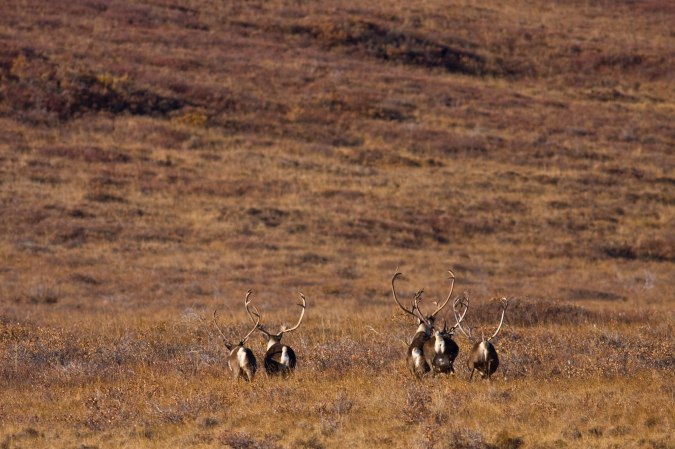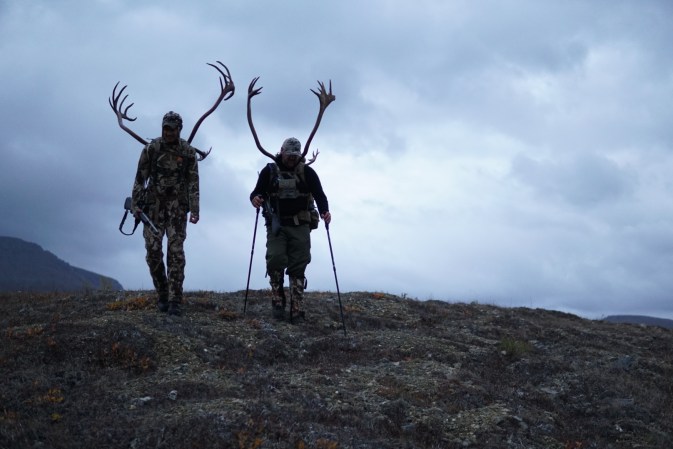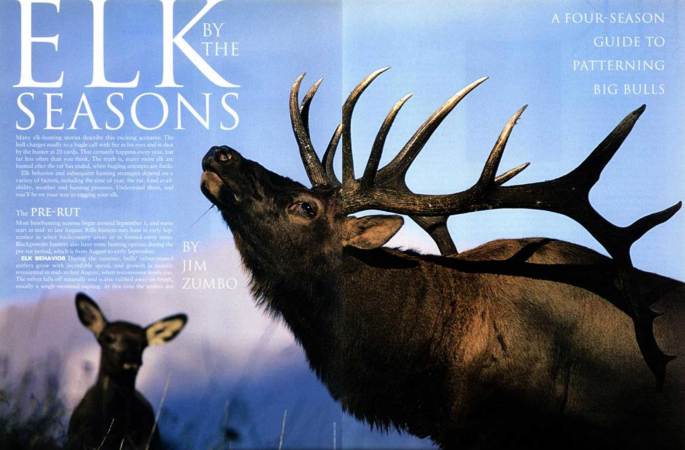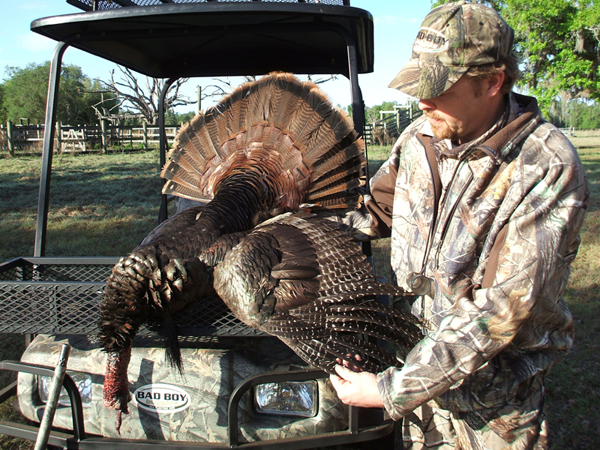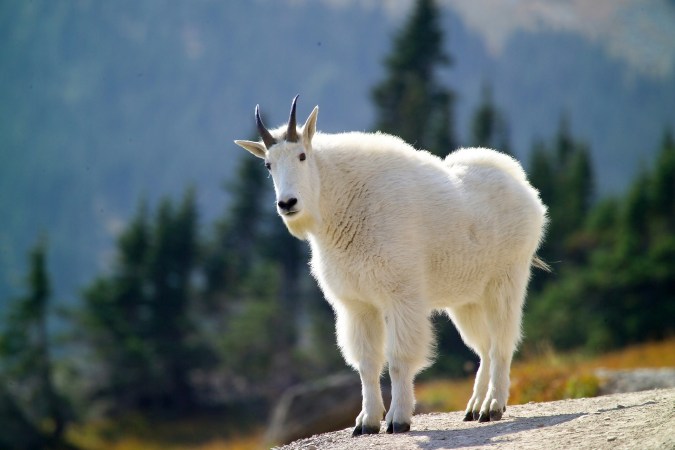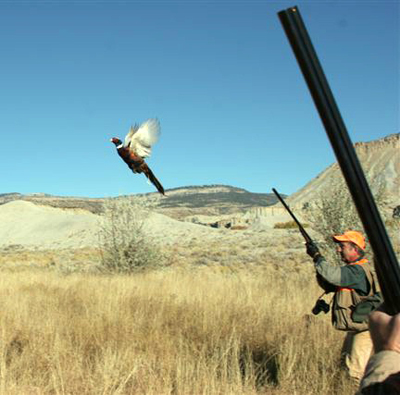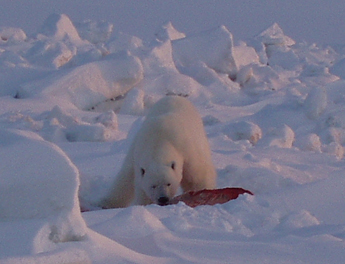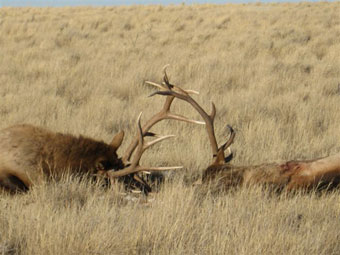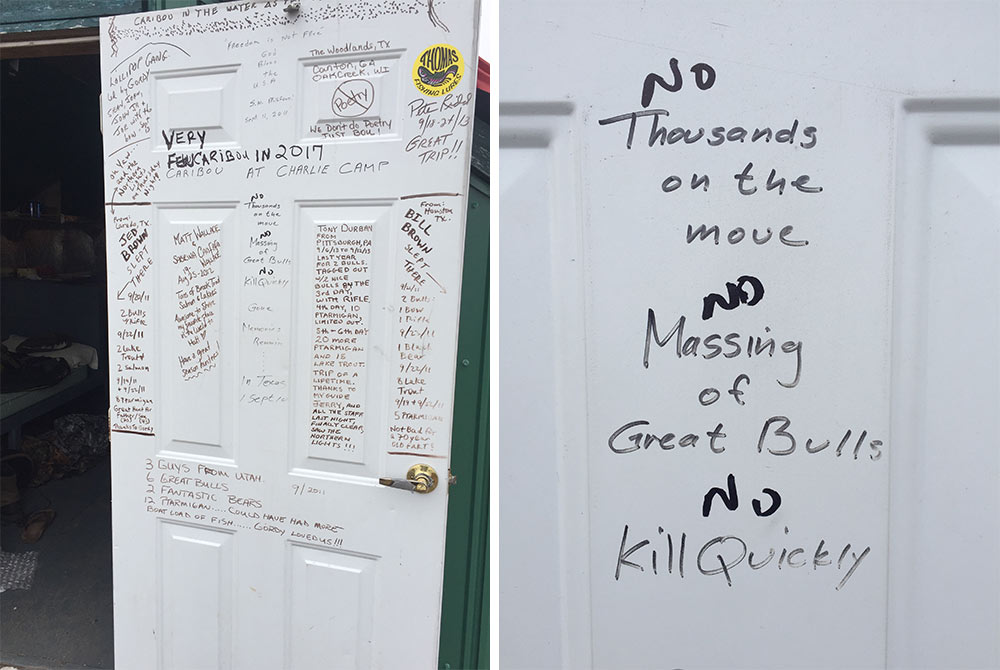
Camp Charlie is a line of simple metal sheds barely anchored to the tundra in the interior of Quebec’s Ungava Peninsula. It’s been here for 30-some years, hosting caribou hunters who arrive via bush plane. The camp is on a lake, near the confluence of ancient caribou migration trails. Most years, hunters stay around camp, shooting ptarmigan and fishing for lake trout, until the caribou arrive, in long, ragged lines that follow the ridges. The hunters, from Kansas and New York, California and Iowa, take their pick of bulls and spend the remainder of their time at Camp Charlie fishing and hanging out. And memorializing their experience on the walls of the shacks.
By the time you read this, Camp Charlie will be abandoned. Quebec’s caribou hunt is closing, and there’s no one to take over the outfit that operated out of here. When the last hunter leaves camp, the generator will be removed and some of the fixtures will be flown out. The rest—the chest freezers, propone tanks, outboard boats, and oil stoves—will be left behind. By next year, the bears and the winter winds will have spread Camp Charlie across the tundra.
Along with the camp’s structures, a generation of “literature” will also be abandoned. On every wall of Camp Charlie, hunters have scrawled some memory of their time here. Here are some of the accounts that will be left behind in the empty Ungava.
